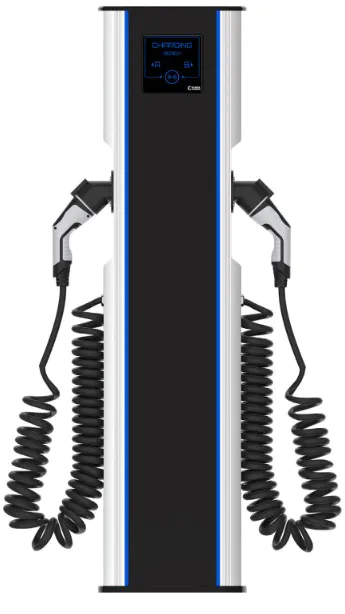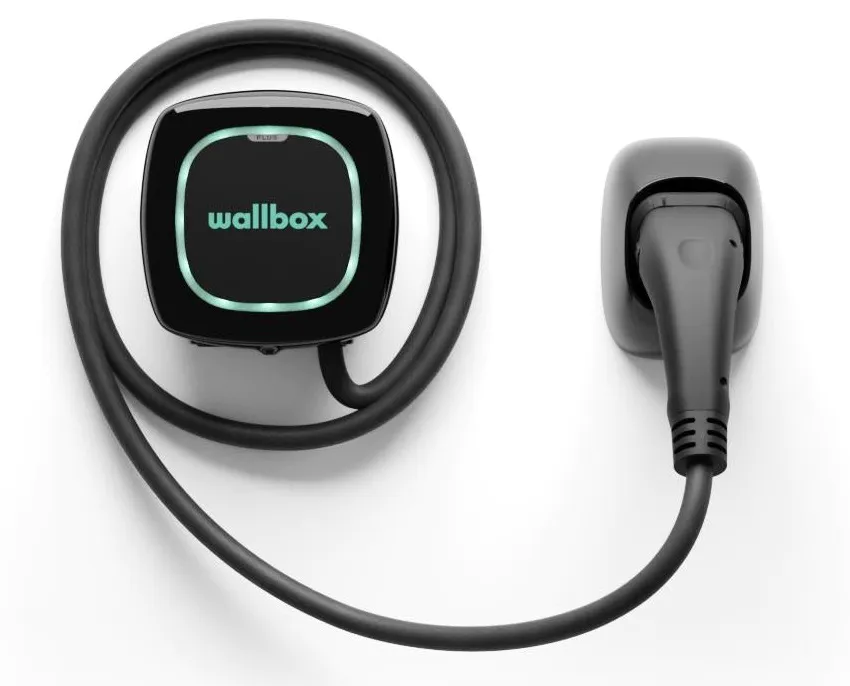
As the popularity of electric cars grows, so does the charging infrastructure. One of the main aspects that can influence drivers’ decision to switch to an electric vehicle is the charging charges foran electric car. In today’s article, we will discuss the different charging models for an electric car to help you understand what options are available and how to choose the most beneficial one for yourself
The most popular charging billing methods are
In this case, the driver pays for the time their vehicle is connected to the charger. This model is often used at fast-charging stations, where the charging time is shorter, but the cost can be relatively high
Advantages
Disadvantages

The kilowatt-hour consumed charge model is more precise because you pay for the amount of energy you consume while charging. This means that the charge is more related to the actual energy consumption of your vehicle. Charging costs can be affected by the rate per kWh, which can vary depending on your location and energy supplier
Benefits
Disadvantages
Some providers offer a subscription model, where you pay a monthly fee and then use the charger for free or at a discount. You can also join electric car clubs, which offer preferential charging rates for their members
Advantages
Disadvantages
Some venues offer free charging for electric cars, for example as a form of promotion for customers or as part of environmental measures. This is obviously the most favourable option in terms of cost
Advantages
Disadvantages

Choosing the optimal charging billing model depends on your individual electric car usage profile. If you mainly use home chargers, per-minute charges may not be the most advantageous. On the other hand, if you travel frequently and use public charging stations, a per-minute charging model may prove profitable
It is also worth considering the availability and type of chargers in your area and any discounts or memberships available from local suppliers. Remember that the cost of charging an electric car can vary from region to region and supplier to supplier, so it is worth researching the options available carefully to find the most cost-effective one for you. Whichever option you choose, an electric car is still an economical and environmentally friendly choice.
ul. marsz. Józefa Piłsudskiego 74/320
50-020 Wrocław, Polska
NIP: 8971903418
Jesteśmy na terenie całej Polski!
2026 © evolive.pl
Logowanie
Rejestracja